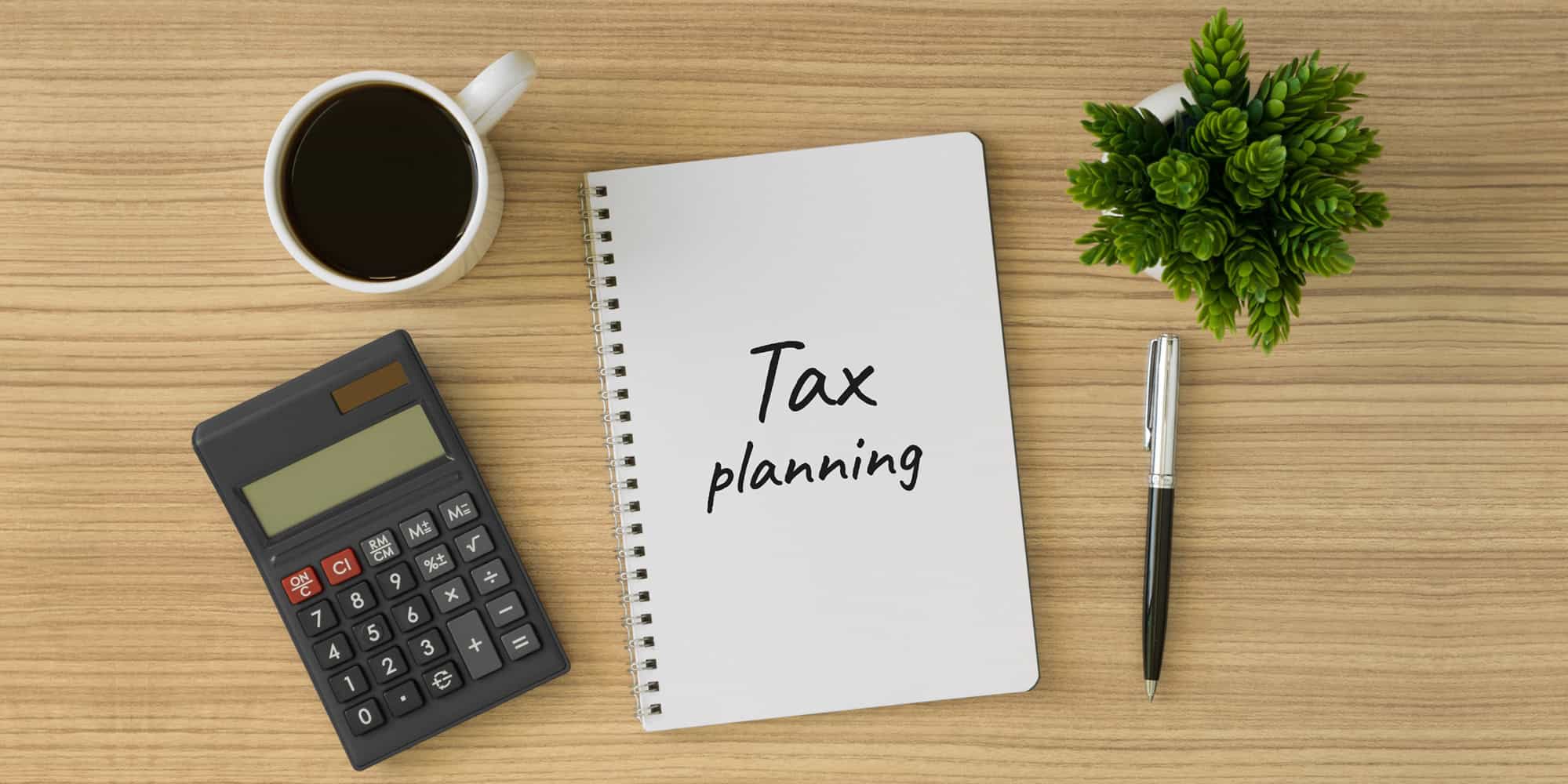Corporate Tax
Let's be part of your business to maximize tax efficiency.
All business decision has tax implications. Therefore, a company must manage its income tax requirements efficiently. B6 will keep you abreast of developments that may affect your business. We work closely with you to identify and implement tax strategies that best suit your company's needs.
Accounts Tax Secretary
Tax Filing Requirements
All business decisions today have tax implications, and companies need to manage their income tax requirements efficiently. In Singapore, every company is required to electronically submit its corporate income tax return, either Form C or Form C-S.
The filing deadline is fixed on November 30, with no extensions granted.
Every company is required to file an Estimate of Income Tax within three months from the end of its financial year, unless it is qualified for a waiver or specifically exempt from doing so.
Suppose late filing or failure to file ECI; an estimated Notice of Assessment may be issued based on your company's past years' income or other information available to IRAS. The company must pay the full tax amount within one month from the date of the Notice of Assessment. It will not enjoy an instalment plan.

- 5% penalty on unpaid tax
- 60 days after 5% imposed: 1% for each completed month the tax remains unpaid
- Maximum: 12% of unpaid tax
The IRS audits tax returns and imposes penalties when errors, omissions, and discrepancies are found. Taxpayers may face the following consequences depending on whether there is evidence indicating intention to evade taxes:
Without intention to evade taxes
- Penalty of up to 200% of the amount of tax undercharged.
- Fine of up to $5,000; and/ or
- Imprisonment of up to three years
To evade taxes
- Penalty of up to 400% of the amount of tax undercharged.
- Fine of up to $50,000; and/ or
- Imprisonment of up to five years
However, you may make a Voluntary Disclosure of errors/omissions/discrepancies to reduce the penalties imposed under the IRAS Voluntary Disclosure Programme.
Corporate Tax Form C/C-S
| Form C | Form C-S | ||
|---|---|---|---|
| Form C-S | Form C-S Lite | ||
| Qualifying Companies | All companies | Singapore-Incorporated Companies @ Annual Revenue $5million or below | Singapore-Incorporated Companies @ Annual Revenue $200,000 or below |
| Submission of Supporting Documents | Required to submit financial Statement and Tax computation | Not required to submit financial Statements and Tax computations | |
| Other Qualifying Conditions | The company only derives income taxable at the prevailing corporate tax rate of 17% The company is not claiming any of the following in the YA:
| ||
Tax Exemption
Singapore offers the Start-Up Tax Exemption (SUTE) to support and encourage the growth of start-up companies. This tax exemption scheme allows qualifying companies to receive exemption on their first S$200,000 normal chargeable income in the first three consecutive years of assessment as follows:
- 75% tax exemption on the first S$100,000;
- 50% tax exemption on the next S$100,000
To qualify for this tax exemption, start-ups must meet the following requirements:
- A Singapore-registered company
- A tax resident for the assessment year
- A maximum of 20 shareholders within the company during the assessment year
Companies that do not qualify for the tax exemption scheme for new start-up companies will enjoy a partial tax exemption on their normal chargeable income. From Y/A 2020, the exempt amount computed based on a company’s first S$200,000 normal chargeable income is as follows:
- 75% tax exemption on the first S$10,000;
- 50% tax exemption on the next S$190,000.
FAQ
-
What is the tax structure for companies in Singapore?
Singapore has a low income tax rate for corporations, which is charged at a flat rate 17%
Singapore does not impose a capital gains tax, and it can distribute tax-free dividends to its shareholders. -
What is Form C or Form C-S?
Form C and Form C-S are both corporate tax returns to be e-filed with IRAS on an annual basis.
The Form C-S, being a simplified version of the Form C, contains fewer fields to fill. The Form C-S mainly comprises the following:- - A declaration statement of the company’s eligibility to file the Form C-S.
- - Information on tax adjustments (i.e. adjustments for non-taxable income and non-deductible expenses)
- - Information from the financial accounts
-
How do you calculate Corporate Tax return in Singapore?
You can calculate corporate tax returns manually or using tax preparation software. You need to calculate the taxable income and submit it to the IRAS online. You can use the IRAS' portal to file your tax returns online. It is all time-consuming.
Let's B6 handle the complexity for you!
